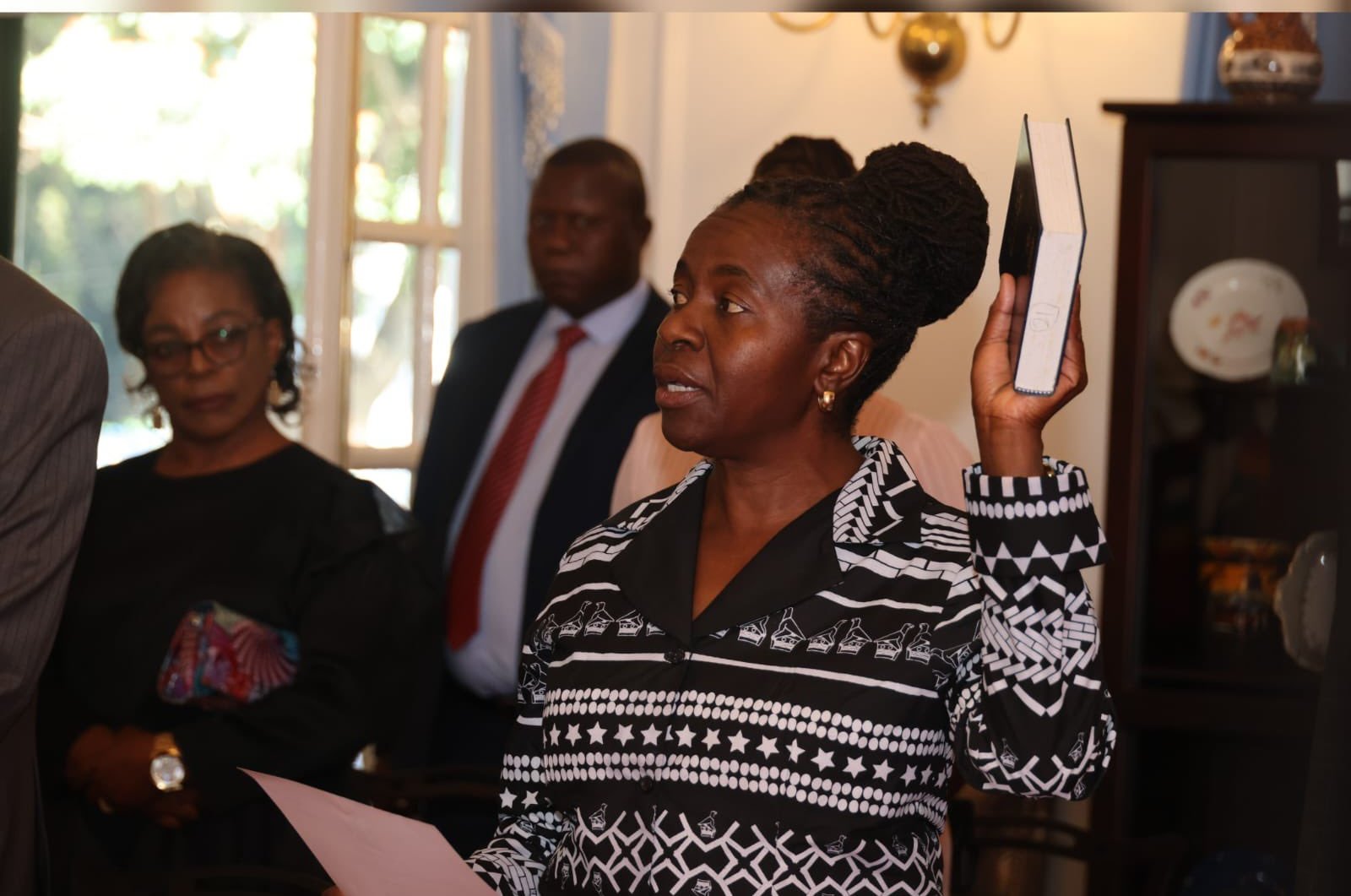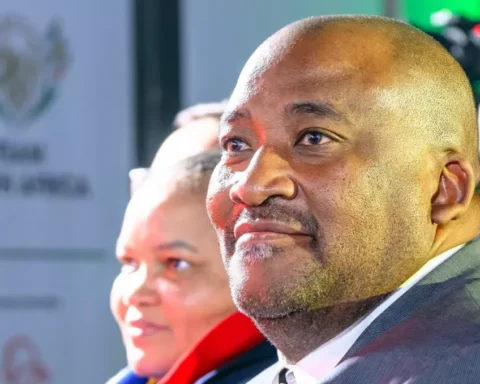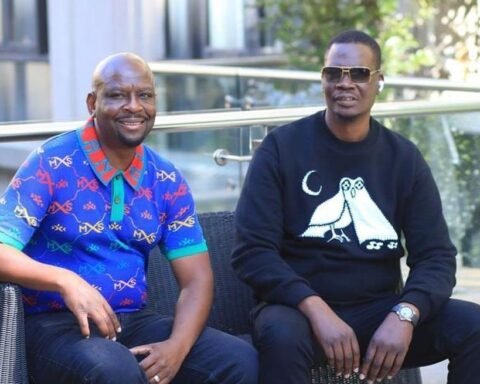In a recent press briefing following her inauguration, the new chairperson of the Zimbabwe Human Rights Commission, Fungayi Jessie Majome, provided a fresh perspective on the nation’s human rights record. Officially sworn in by President Emmerson Mnangagwa, Majome embarked on her tenure with a message of balance and realism, positioning Zimbabwe within a global context of human rights challenges.
Majome, a seasoned politician with a history in both opposition and governmental roles, refuted claims positioning Zimbabwe at the bottom of global human rights rankings. She emphasized the necessity of an objective and evidence-based approach to address and investigate allegations of human rights abuses within Zimbabwe. “Zimbabwe is not the worst in terms of human rights violations,” Majome stated, highlighting her commitment to an honest and transparent review of such claims under her leadership.
The chairperson underscored the universality of human rights issues, pointing out that every country has its own set of challenges. Majome critiqued the “artificial politicization” of human rights issues and advocated for a focus on the promotion of human dignity, steering clear of the divisive narratives that often emerge between the global North and South.
Central to Majome’s address was the call for a cultural and national reflection on human rights, rooted in the country’s legal and ethical frameworks. She referred to Zimbabwe’s comprehensive bill of rights and its commitment to international conventions on civil, political, economic, social, and cultural rights as foundational elements for her mission. Majome also evoked the liberation struggle as a historical cornerstone of the country’s human rights journey, urging a collective memory and respect for these struggles as part of Zimbabwe’s national identity.
Majome’s approach to human rights in Zimbabwe is one of inclusive dialogue and national unity. She seeks to foster a “culture of human rights” that is genuinely Zimbabwean, emphasizing values such as Ubuntu, which underscores the importance of communal harmony and mutual respect. This cultural perspective, she argued, should guide the nation’s understanding and implementation of human rights principles, away from external pressures or comparisons.
As Zimbabwe continues to navigate the complex terrain of global human rights discourse, Majome’s leadership represents a strategic pivot towards introspection, pragmatism, and cultural resonance. Her inaugural message is clear: while acknowledging the global context, Zimbabwe’s path to upholding human rights will be charted through national unity, respect for its cultural heritage, and a commitment to objective and transparent governance.








